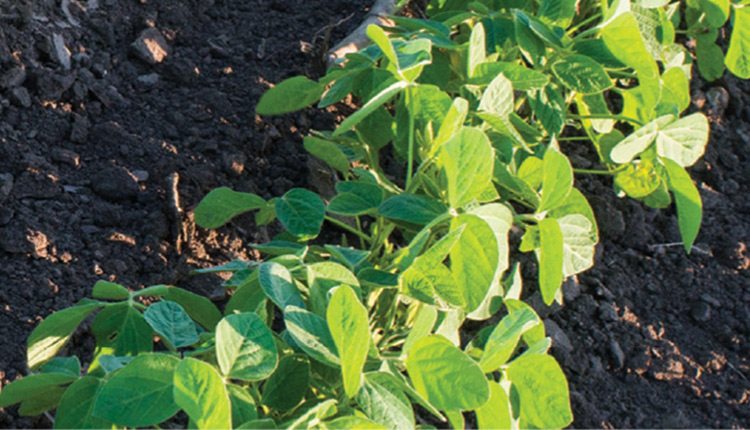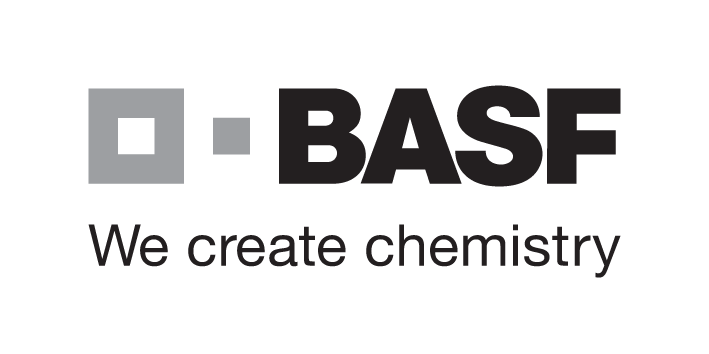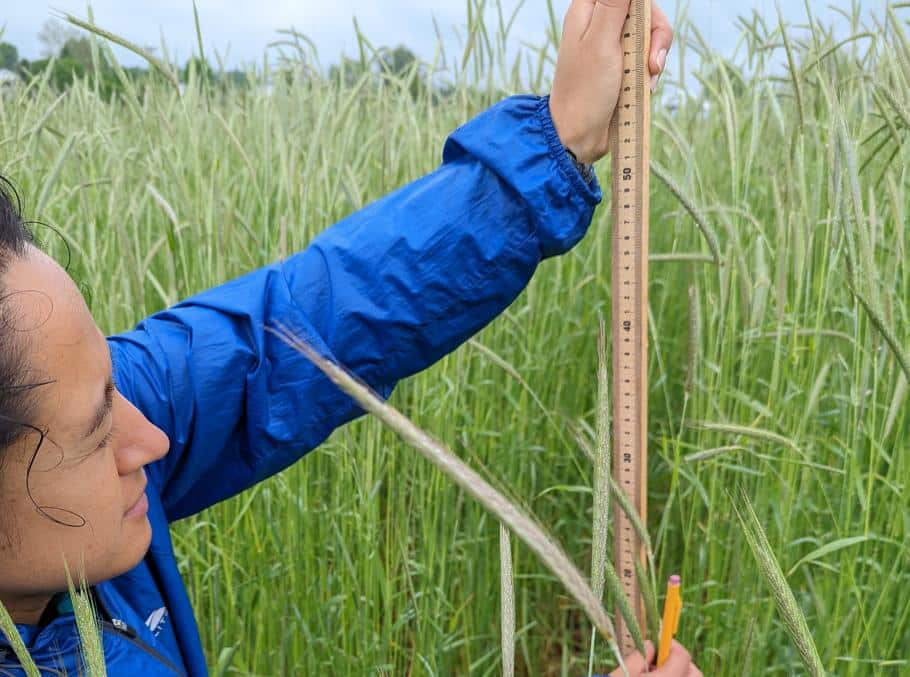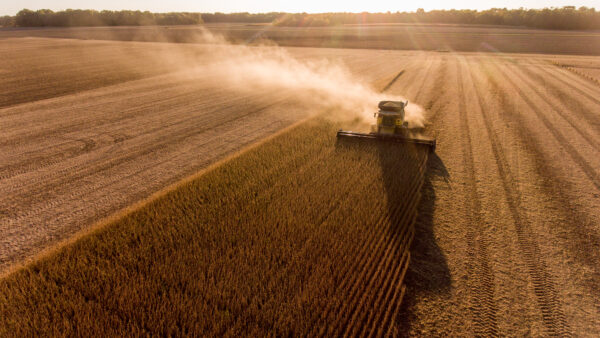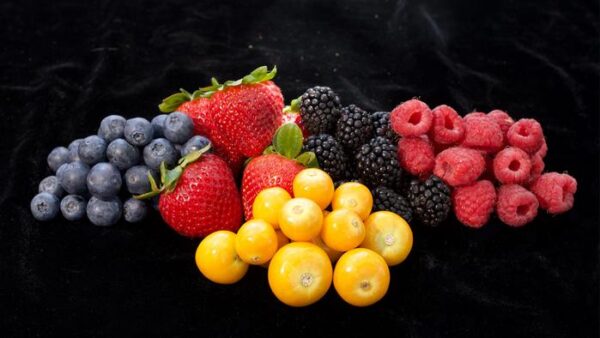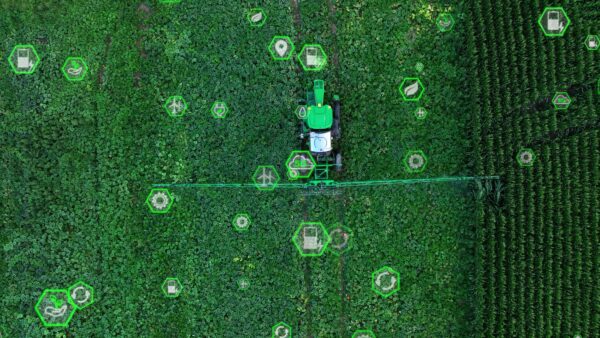Healthy, highly productive plants – that’s one of the main goals of every growing season, right? Growers know to achieve this goal, the process must start with the seed, and that means inoculation.
Inoculation is a farming practice that helps growers give their crops a productive start to the season, improving plant vigor and return-per-acre potential each year. The largest yield gains from using inoculants can occur in adverse growing conditions, where extra nitrogen supports crops to reach their fullest potential. BASF recommends growers inoculate every time seed is planted to improve yield potential, especially if any of the following situations exist:
- Cool, wet soils (no-till and conservation tillage)
- Early planting
- Low pH (<5.8) and high pH (>8.5) soils
- Sustained use of some soil-applied pesticides
- Previous flooding or ponding (even for a short period)
- Low organic matter (<1%)
- Legume crop not grown in previous years
- Topsoil temperature exceeding 80° F
- Eroded soils
Fresh Rhizobia in High Numbers
“Soybeans and other legume crops rely on nitrogen fixation to supply anywhere from 60 to 80 percent of their overall nitrogen requirement,” said Justin Clark, Technical Market Specialist, BASF. “Providing a fresh, highly effective inoculant every year to increase the amount of nitrogen fixation ultimately translates to increased yield potential.”
Fresh is the key word. Where growers ultimately see increased yield potential is when fresh, high-count rhizobia are active in the soil. Over time, rhizobia numbers can be reduced with storage or temperature variations. Growers should not depend on sluggish, indigenous rhizobia or use an inoculant product carried over from the previous year. All BASF inoculants are made fresh each season to ensure high-count, effective rhizobia.
Best Handling Practices
When it comes to inoculants, proper handling and storing procedures are key. Maximize the effectiveness of rhizobia-containing inoculant products by following these recommended handling practices:
- Store between 40° and 77° F
- Keep out of direct sunlight – avoid overheating
- Avoid storing outside or unprotected from the elements
- Prevent from freezing
- Avoid exposure to fumigants
- Know compatibility with fungicide and insecticide products to be applied
- Use and mix liquid treatments only with non-chlorinated water
- Do not use if package seal is broken
- Do not use after labeled expiration date
- Read and follow all label directions
- Regularly check calibration of application equipment
- Use open inoculant product with 24 hours
Doing the Math
To demonstrate the yield benefit of inoculation, BASF has conducted independent field trials in 273 locations across 16 states over the past five years. During these trials, BASF inoculants, like Vault® HP plus INTEGRAL® inoculant delivered two bushels more per acre yield than non-inoculated soybeans and one bushel per acre more than seed treated with a competitive product.
Depending on current commodity prices, this increase in bushels per acre can result in a 4:1 return on investment for growers.
Growers can learn more about BASF inoculant products like Vault HP plus INTEGRAL by visiting www.agproducts.basf.us or by contacting their local authorized BASF retailer.
Vault HP plus INTEGRAL is a trademark of BASF
©2015 BASF Corporation. All Rights Reserved. 15-AA-0007-1


